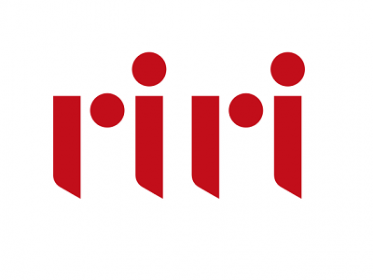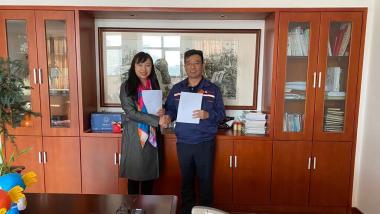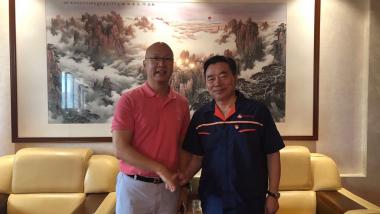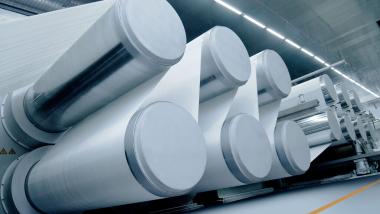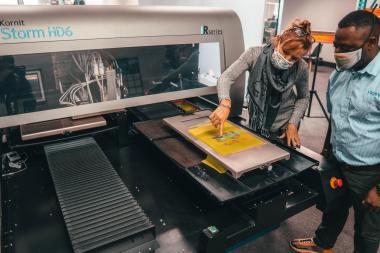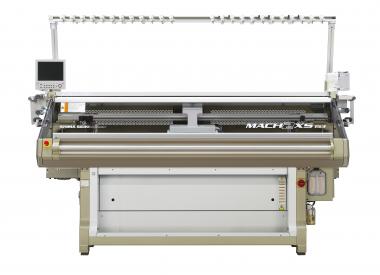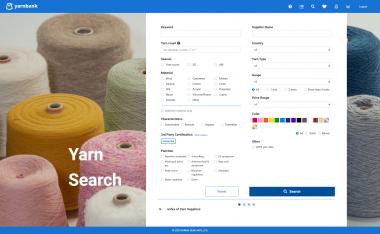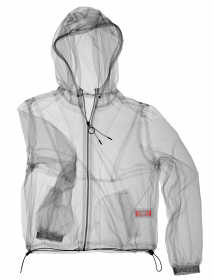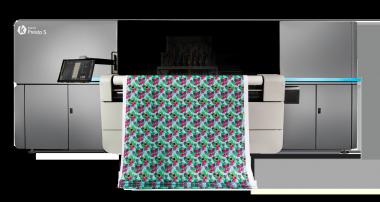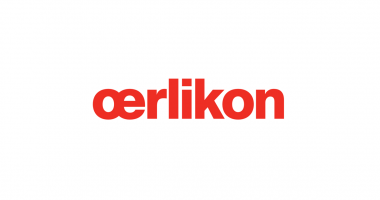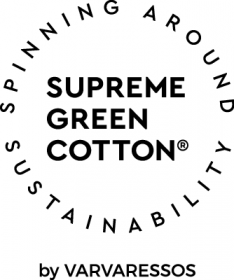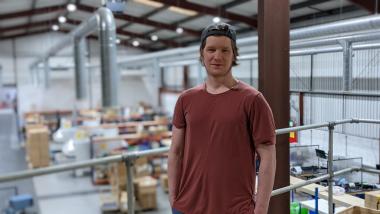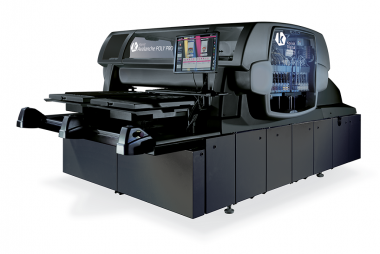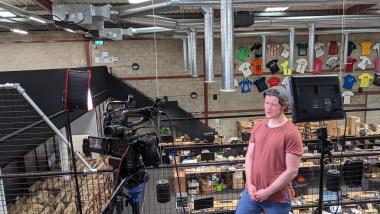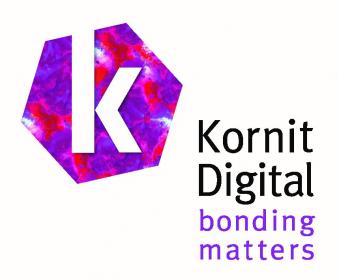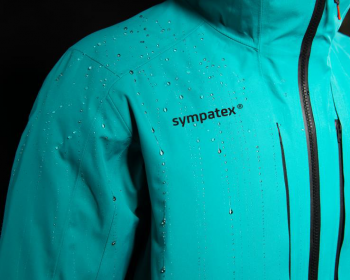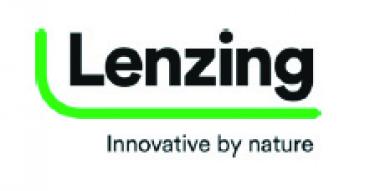Riri announces the acquisition of Amom
Riri has completed an important acquisition, leading to the consolidation of the Group’s position in the luxury accessory sector, which represents a significant add-on to develop new skills and production with an extended offer now including bijoux.
The journey towards the creation of a single centre of excellence involved in designing, developing and manufacturing high fashion accessories has taken another step forward. With Amom joining the Group, Riri’s growth strategy has achieved another major goal: a comprehensive range of products now embracing zippers, buttons, metal components and bijoux.
Amom, based in Badia al Pino in the province of Arezzo, at the heart of the Tuscan high-fashion district, has manufactured for over 60 years metal trimmings, fashion jewellery and accessories for the shoes, leather and clothes sector. The company can perform most of the machining work inhouse, including die-casting, moulding, cutting, welding, laser cutting, enamelling, painting and electroplating. Another strong point is the wide showroom displaying a collection of over 100,000 items.
The addition of Amom to Riri Group has allowed for a broader offer of new materials: besides zamak, brass, steel and aluminium, our range now includes also silver, bronze, wood, precious and plastic materials.
RIRI / Menabò Group


